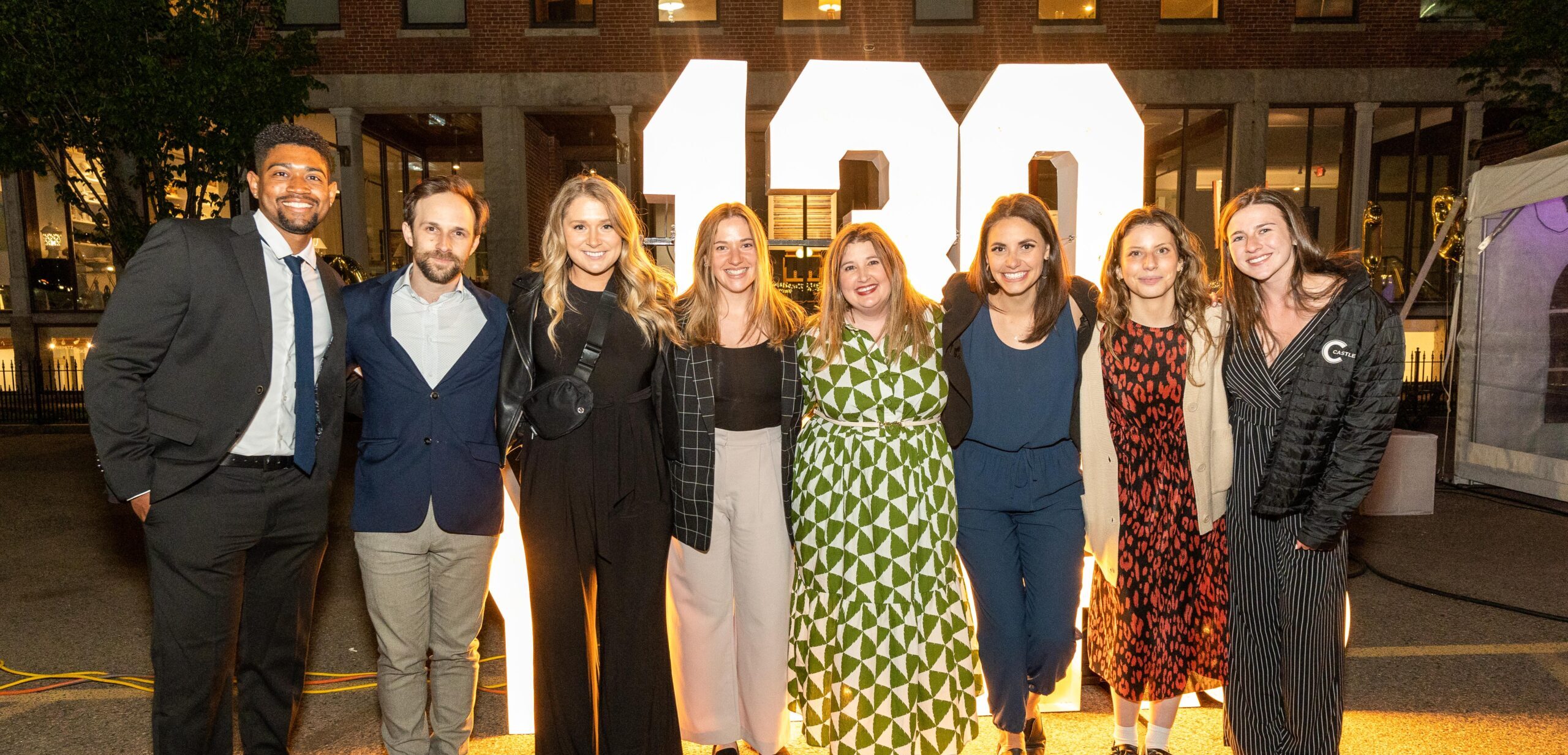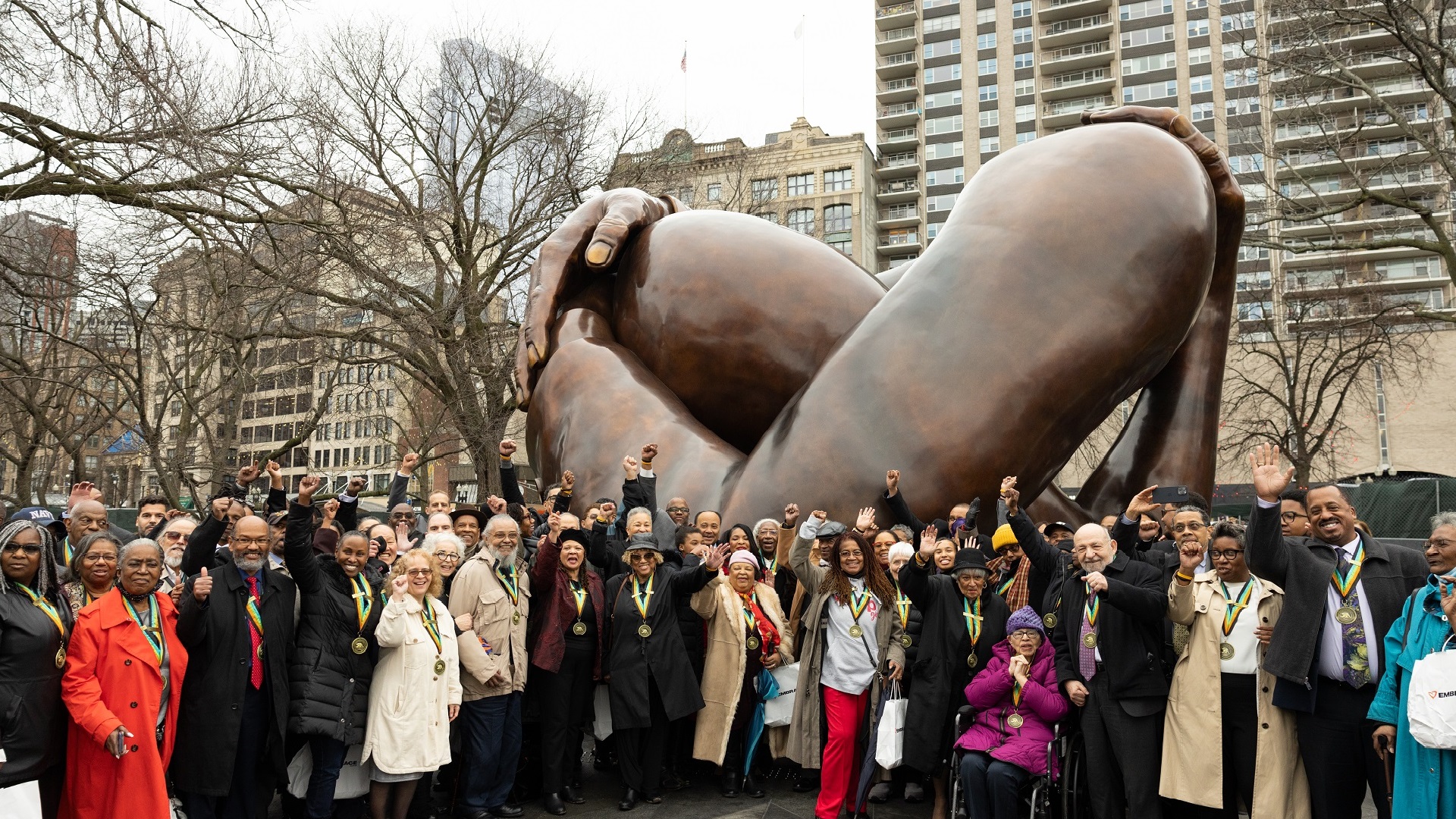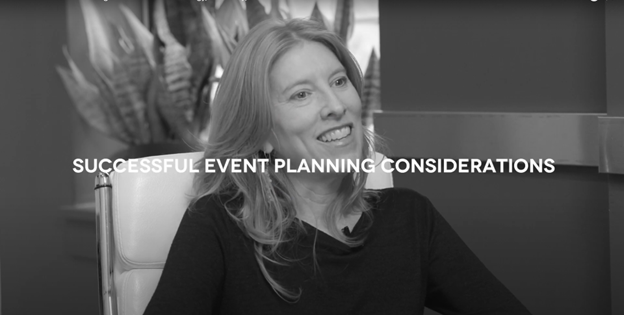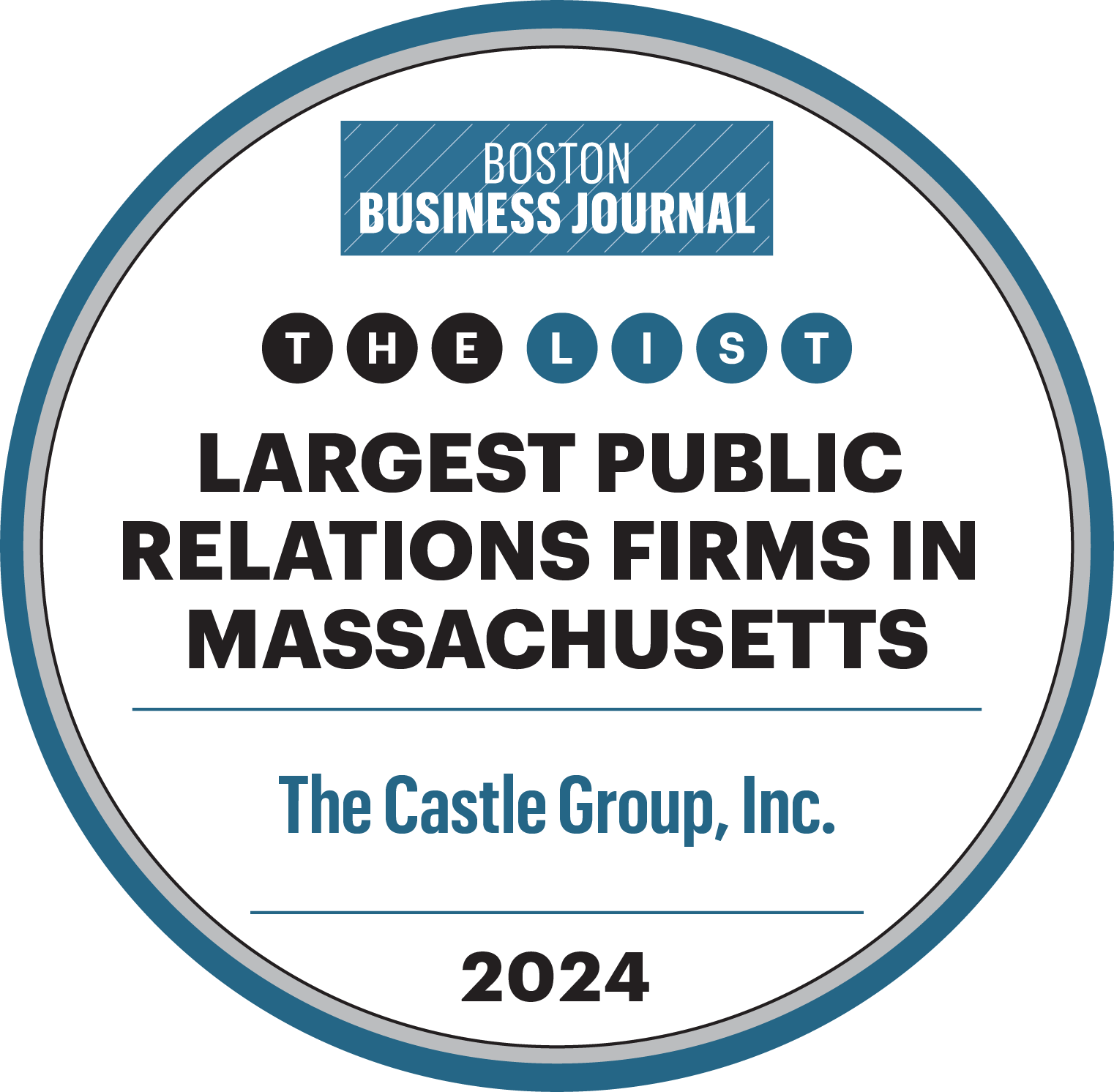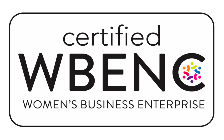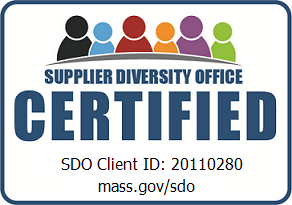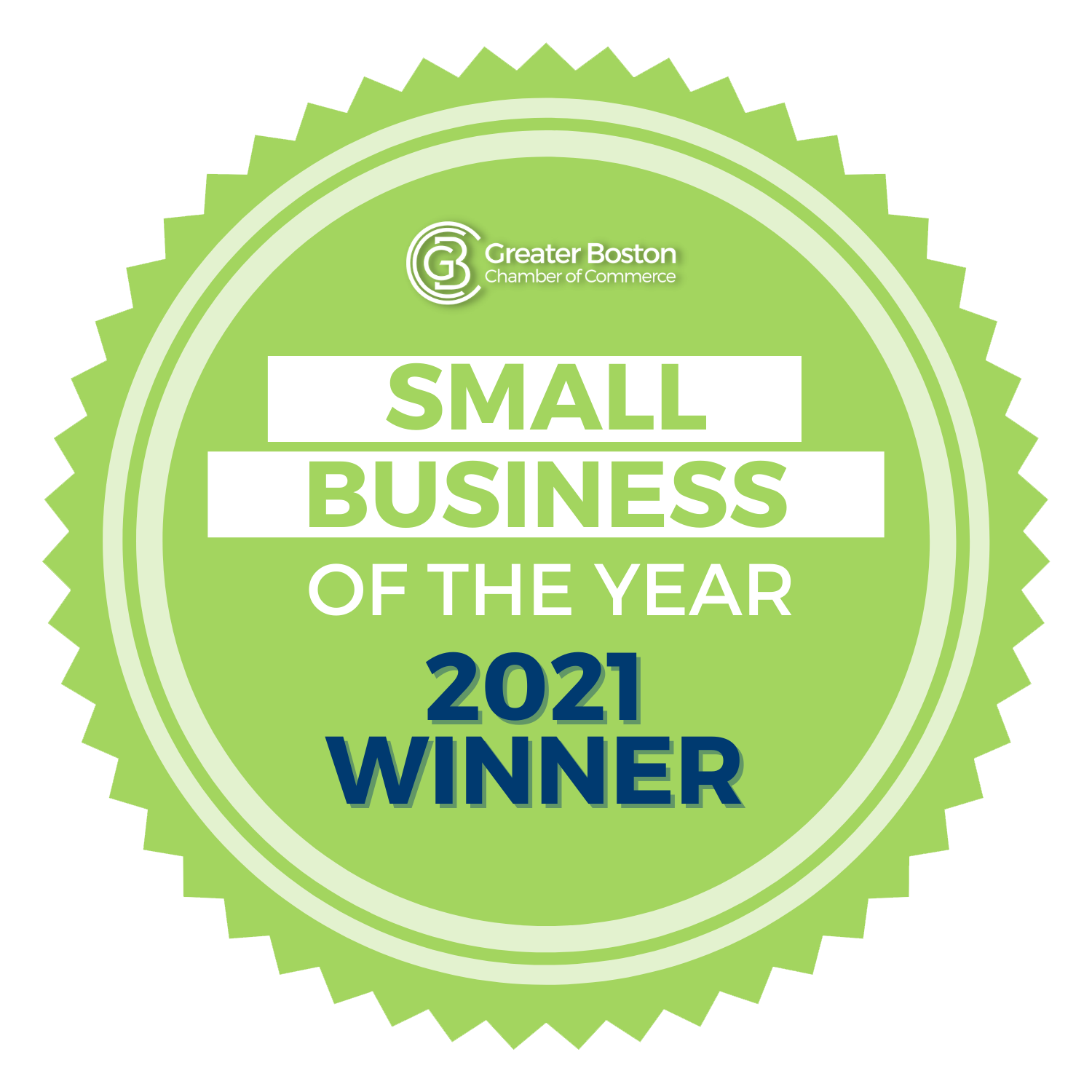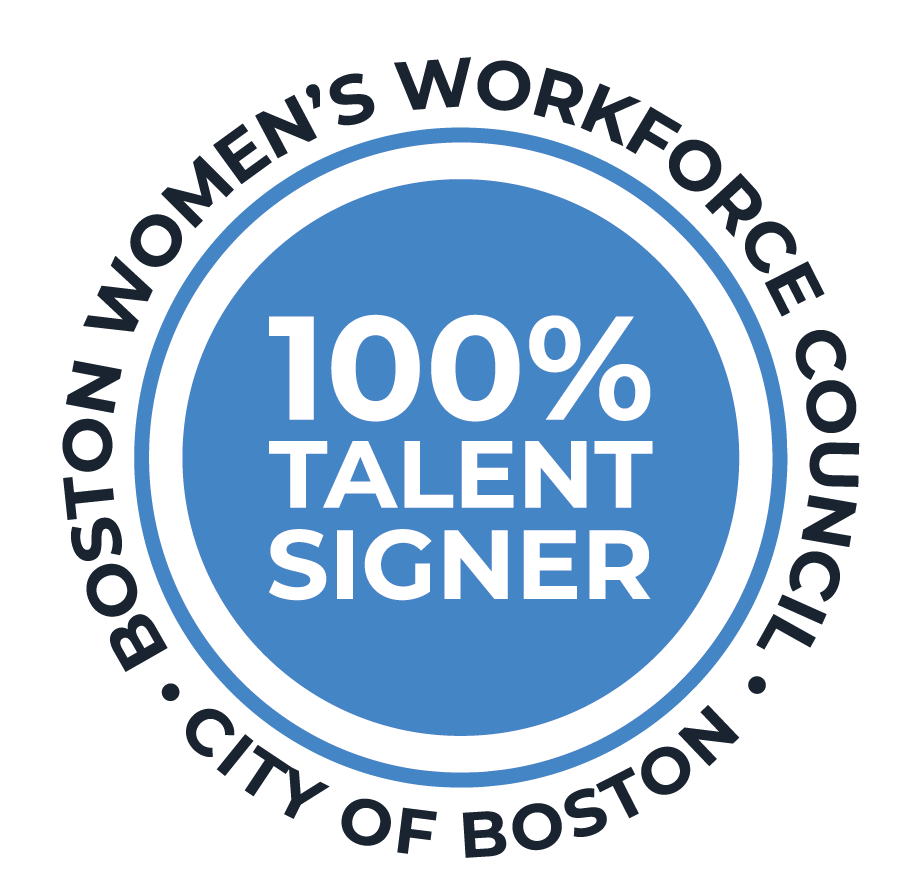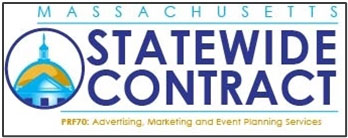Much has changed in the events industry over the past 27 years. How we do our work continuously evolves and aligns with fresh perspectives, trends, and technological advancements. Yet the reason for gathering remains the same. People need to connect.
Castle has produced thousands of events around the world. We’ve executed events of all shapes and sizes—from corporate incentive programs to sales conferences and everything in between—representing clients from the non-profit, public, and private sectors in industries including life sciences and biotech, financial and professional services, healthcare, technology, education, manufacturing, real estate—and more.
We hope this page serves as a resource to answer your questions and inspire you to reimagine corporate events.
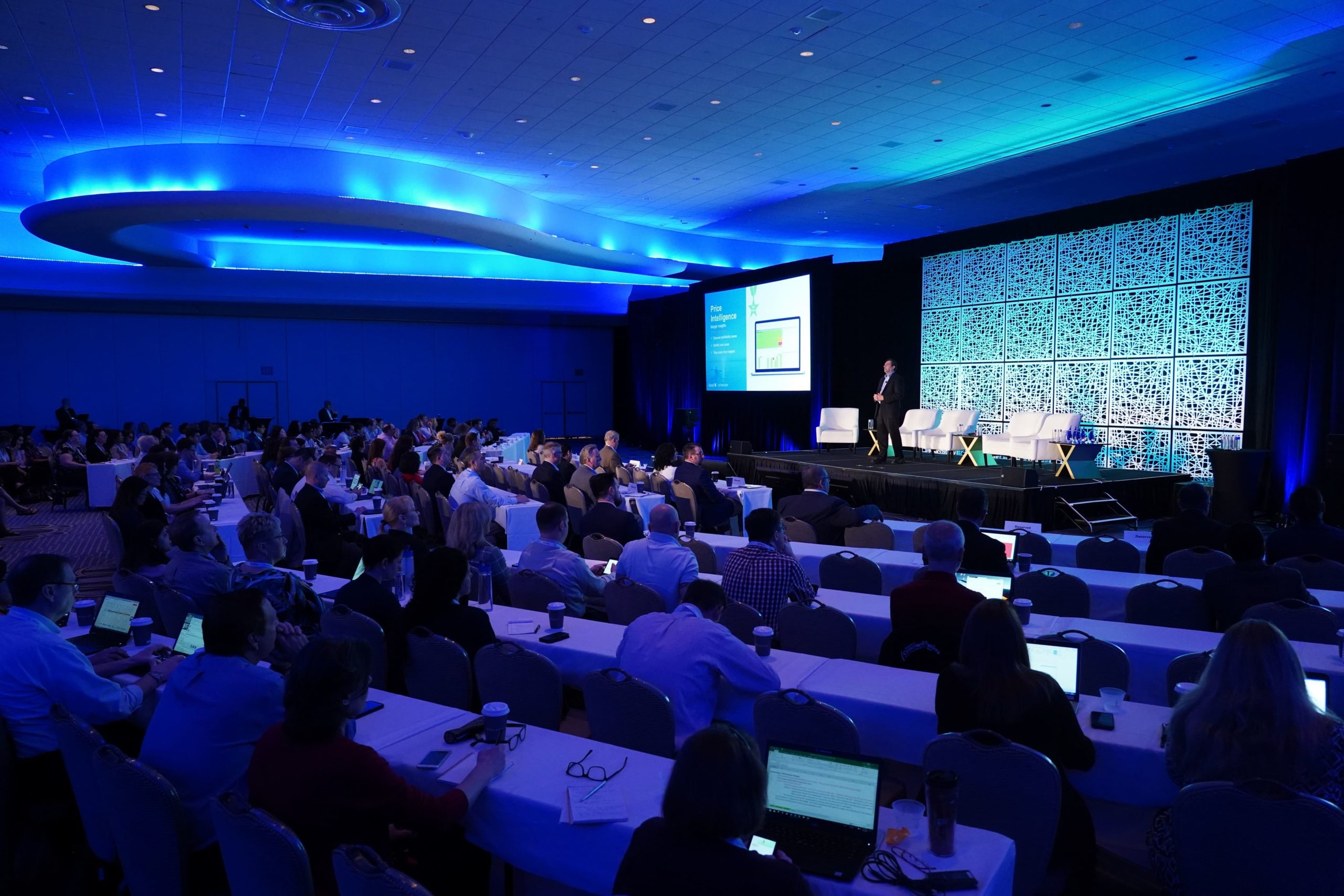
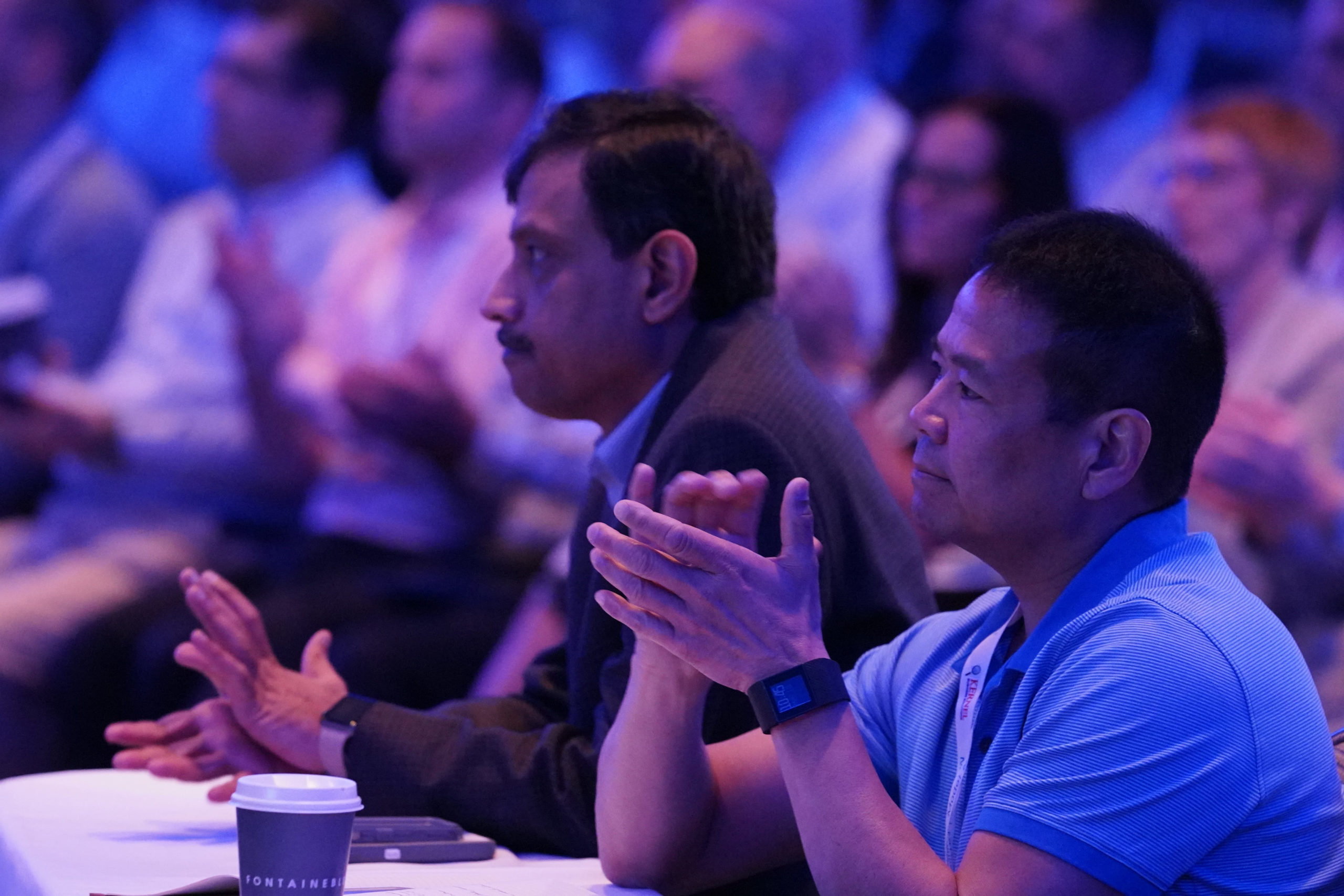



Event management definition: What is event management?
If you need to educate and train, or want to celebrate, inspire, or reward, you’re most likely—or should be—hosting corporate events. So, how do you make them more engaging and memorable? At Castle, we start at the end. We dig deep. We ask a lot of questions and get to: What’s your ultimate goal? What do you want your guests to feel and remember? What’s your desired takeaway or ROI?
Event management companies like us provide expertise and services in planning, organizing, and executing all or certain elements of an event on behalf of their clients—from branding and event identity to supplier contracts and negotiations. Check out a more robust list of our services on our event management page. Hear how Event Director, Kylie Lacerda, defines event management on the blog.
Key elements of successful event planning
A successful event may appear effortless, but the best events require enormous thought, strategy, coordination, and attention to detail. From crafting a clear vision and setting objectives to flawless execution and post-event evaluation, every step matters. Here are five elements of planning a successful event:
1. Define Clear Objectives
What goals are you trying to achieve, and why should people spend their valuable time (and often their money) attending your event? Defining your event’s purpose, identifying your target audience, and setting clear objectives are critical.
2. Set a Realistic Budget
Establish a workable budget at the onset, factoring all potential expenses, revenue sources, and contingencies. Budgeting also comes in the form of time. It’s important never to underestimate the amount of time necessary to plan a well-crafted, strategic, and engaging event.
3. Assemble the Right Team
Build a solid team of diverse and skilled event professionals, passionate volunteers and trusted vendor partners vested in the event’s success. Assign well-defined roles and responsibilities, provide training as necessary, and establish clear lines of communication.
4. Pick a Great Location
As the old adage says, location, location, location! It’s important to consider factors such as ease of travel, accessibility, capacity, overall costs (including any hidden taxes and fees), quality of infrastructure, service level, availability of local vendors, amenities, and ambiance.
5. Get the Word Out
There is a common misconception that if you build it, they will come. With so many things competing for your attendees’ time and attention, strategic event marketing and promotion are essential to your event’s success. Getting the word out with the right tone, messaging, and visuals is key to attracting the right attendees
To get more details and see the rest of our 13 essential elements to planning a successful event, check out the blog.
Event industry trends
The events industry is constantly evolving—and we’re happy to see a continued shift from boondoggle to intentional and thoughtful. Companies are looking for ways to take more control of their event experiences and proactively search for new and innovative ways to align their company’s mission, goals, and brand to the events they host.
Are your corporate events on trend? What new ideas should you adopt? What should be left in the past? Check out this post to see five key trends we’ve seen in 2023 that are here to stay—and five we’re happy to see go.
How to create sustainable events
Did you know? A typical 1000-person, 3-day conference creates 12,500 pounds of waste—the same weight as an African elephant. The impact events have on the planet is profound, and so is our responsibility to make meaningful change.
The top piece of advice we give all our clients is to start small and have a continuous improvement mindset. Seemingly trivial adjustments add up to real change in this industry. Here are five sustainable event ideas:
1. Choose Wisely
It’s all about sourcing. Include your event sustainability requirements in RFPs and pick partners that align with your green goals.
2. Ditch the Swag
Eliminating swag bags for a 500-person conference could spare nearly 2,500 pounds of potential waste.
3. Opt for Vegetarian
Plant-based meals emit 30%–90% less carbon and cost up to 40% less than meals featuring meat or seafood.
4. Bye-Bye Bottles
Using water filling stations and glasses (or reusable bottles) saves an average of two plastic bottles and $10 per event attendee/per day.
5. Go Digital
By hosting promotional materials online, the average industry tradeshow could save $500,000 in print costs and keep 72 trees alive.
Continue reading here, for seven benefits of hosting sustainable events.
Castle’s Senior Vice Present of Events, Danielle Dickinson, earned the Sustainable Event Professional Certificate (SEPC) through the EIC. Learn more from Danielle on the Public Relations Global Network podcast episode on Sustainability in Event Management.
Where to donate leftover food after an event or party
Who is going to eat all this food?! It is no secret that events can produce a lot of waste, from name badges and printed programs to signage and food waste. Research estimates most events have 15-20% excess food. Food donation provides food to those in the community that need it most (via local social service organizations such as shelters, soup kitchens, and food pantries) while minimizing food waste going into landfills. If you’re interested in how to get started on a food rescue mission for your next event, read more here.
How to ensure event accessibility
Making events accessible is not merely an act of compliance; it is an essential aspect of building an inclusive and equitable society. Ensuring accessibility in every aspect of your event can be overwhelming – and you may feel you have a lot to learn before implementation can begin. We recommend starting with an accessibility statement, choosing venues and vendors that are accessible and inclusive, and communicating your accessibility plans so your attendees and stakeholders know what to expect in advance. Click here for more guidance and a list of additional resources.





Tips & tools for event planning & management
From large-scale meetings and conferences to intimate retreats and incentives, the event management tips from our team carry over no matter the scope.
- Invest in Software & Technology
- Listen to Your Audience & the Industry
- Stay Organized & Connected
- Keep the Show Flowing
- Build Contingency Plans
Get the details on each of our tips here.
Tips to engage Gen Z at events
Although Millennials currently dominate the professional world, they won’t for long. Gen Z will soon make a more significant and purposeful impact on the workplace and, therefore, corporate events.
To maximize the event experience and engagement for this upcoming generation, our team has put together seven tips to consider when planning an event with Gen Z in mind.
- Plan for a Short Attention Span
- Be Unique
- Make it Sharable
- Provide Networking Opportunities
- Gamify your Event
- Make a Positive Impact
- Account for Work-Life Balance
Read the details on each of these tips, along with Jenna DiMartinis’ list of defining Gen Z characteristics, on the blog.



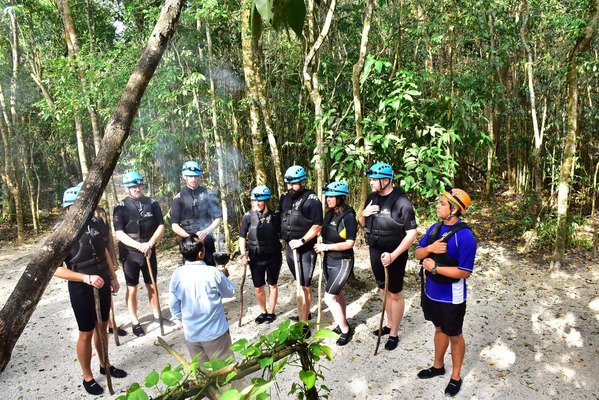

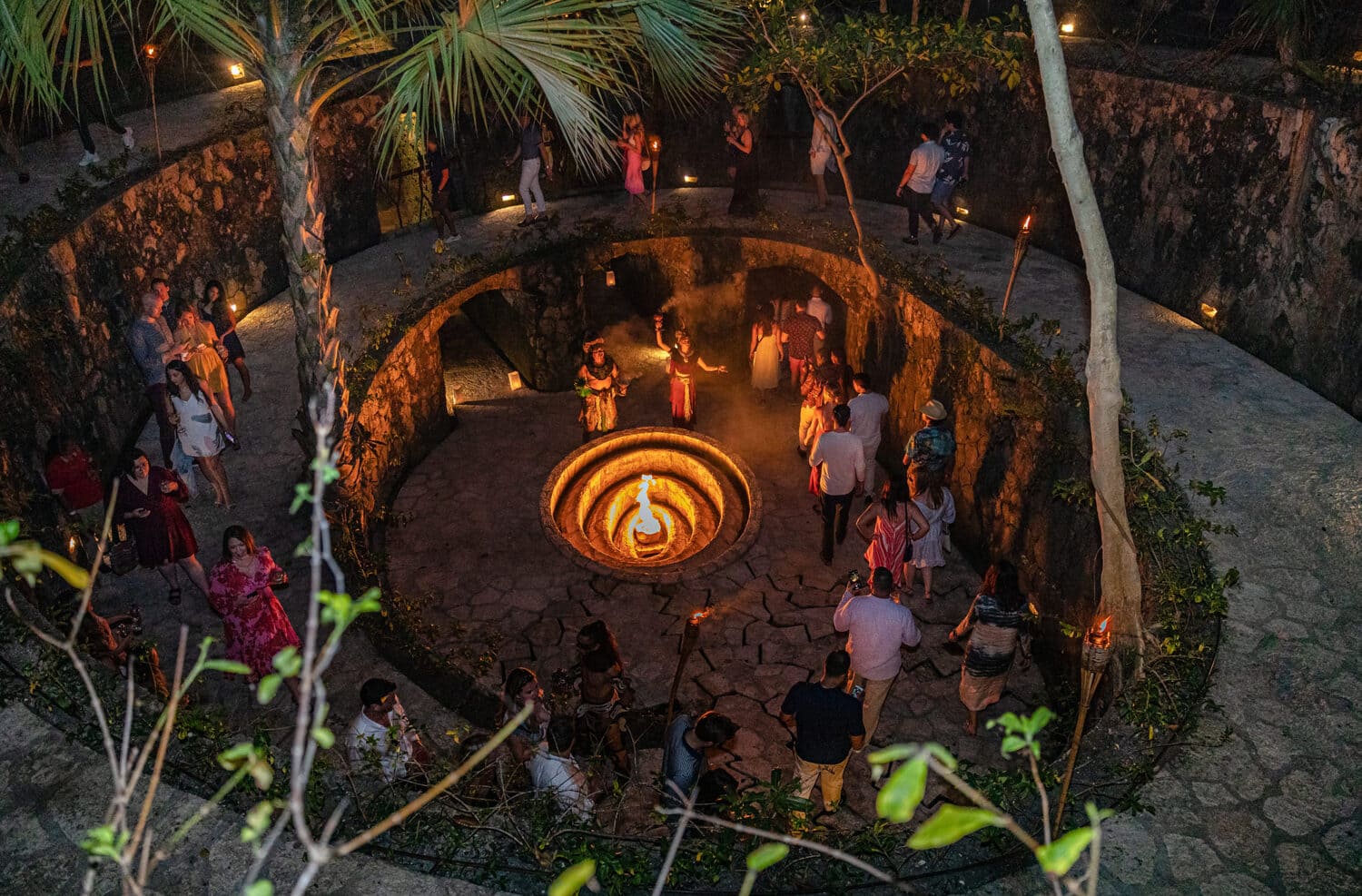

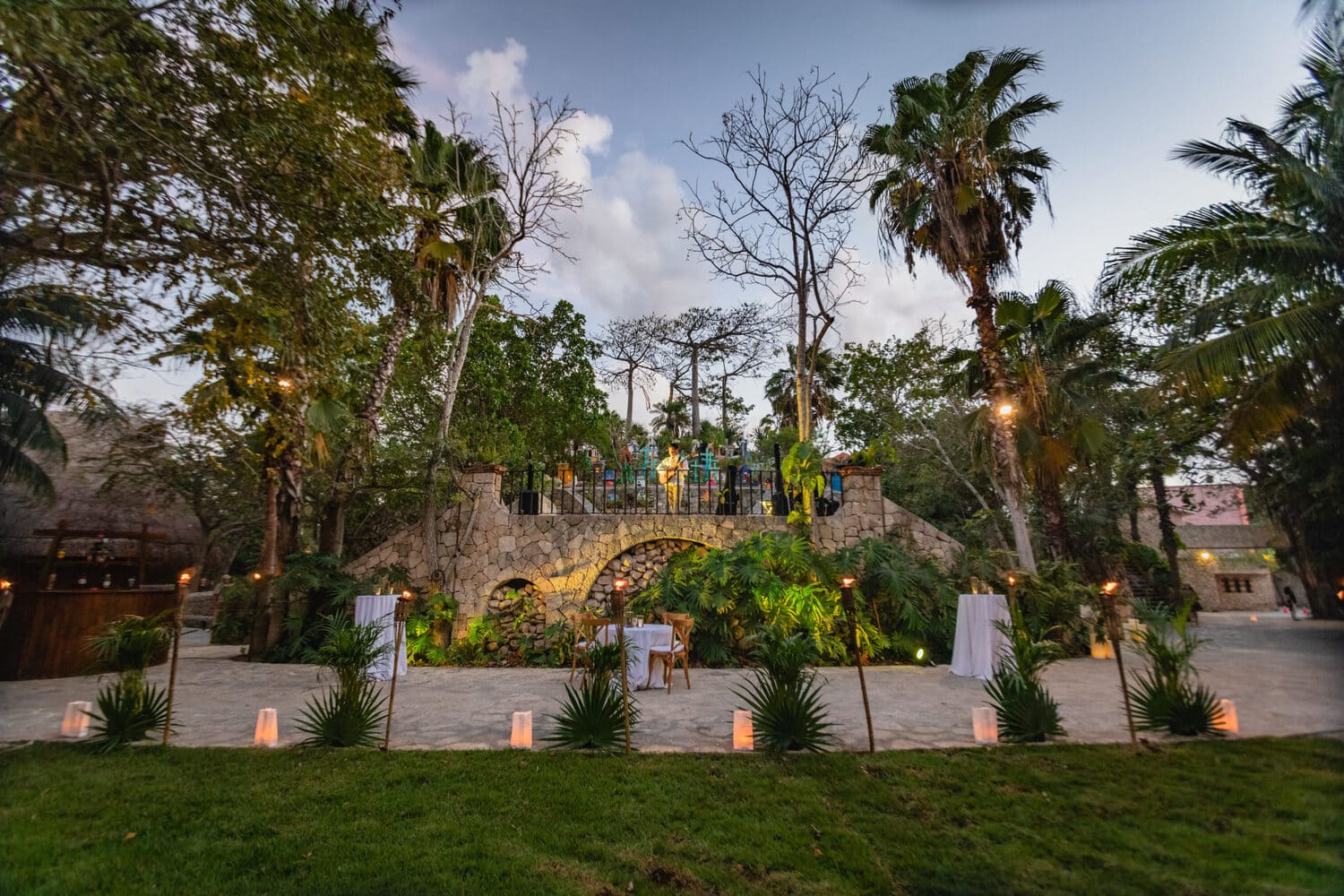

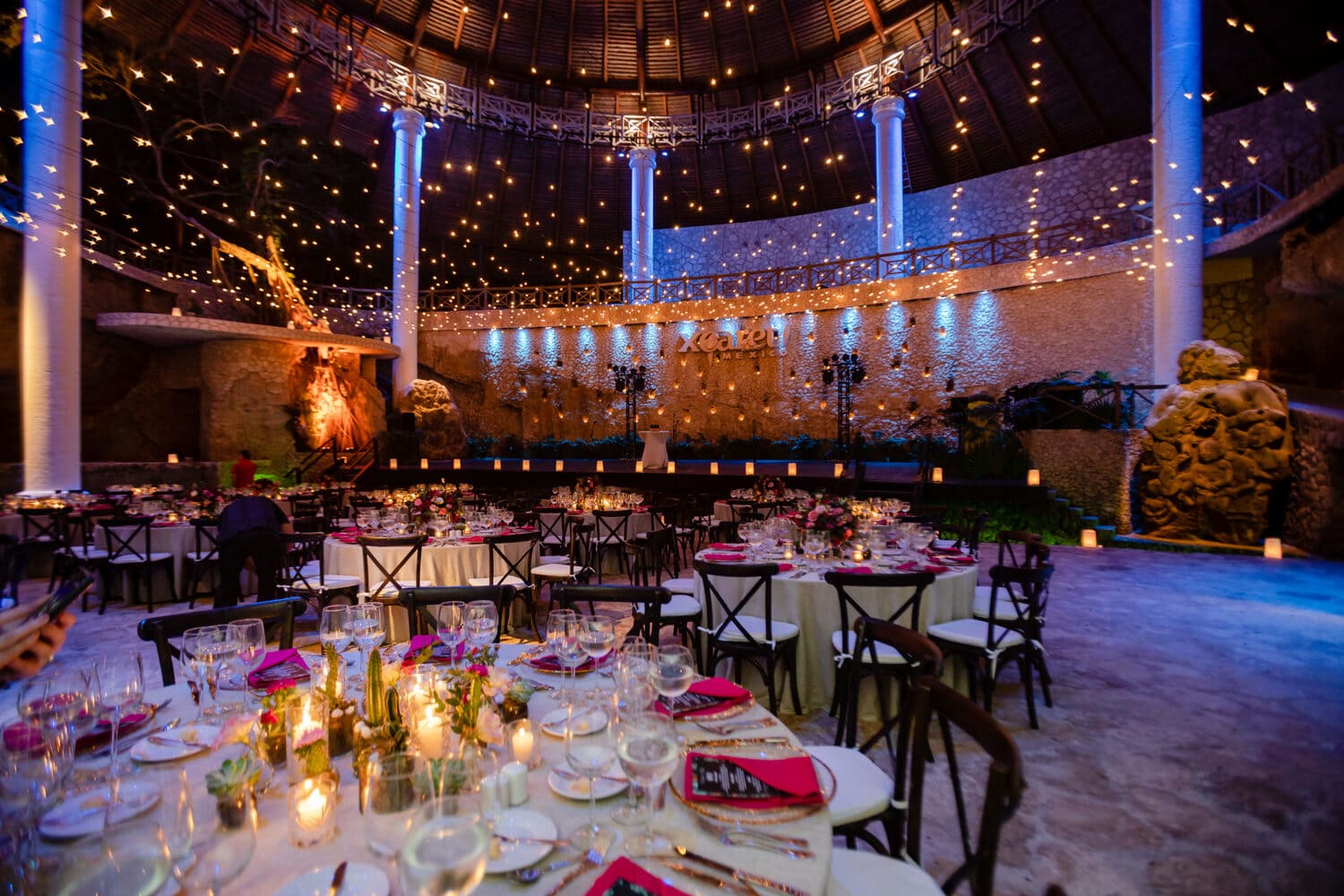
Travel incentive programs for employees
An incentive trip is usually a company-sponsored program designed to reward an organization’s top performers with a getaway. The length, destination, and inclusions differ depending on the organization’s goals, making each trip unique and memorable for qualifiers and executives.
Each year the Incentive Travel Index surveys over 1,000 incentive travel agencies, end users, and suppliers to better understand the success of corporate travel incentive programs. In 2022, 91% of the surveyed constituents agreed that, with a dispersed workforce, incentive travel will have an even more important role in building engagement and company culture.
Castle’s Assistant Event Director, Emily Langlois, dives into the what’s and why’s of corporate incentive programs. Learn how they are more than just a vacation and get a sneak peek into a group program Emily planned in Costa Rica, here.
Event planning apps
As event planning professionals, it is our job to plan, manage, and execute events efficiently and strategically. Advances in technology have transformed the way we work. On the blog, Event Director Kylie Lacerda shares 15 event management apps and software options that help streamline the event planning process. She breaks it down into the following categories:
- Registration & Ticketing
- Floorplan Design & Seating
- Fundraising
- Communication & Collaboration
- Design & Inspiration
- Social Media
If you could use some help making the right event technology decisions, let us know!
Corporate Event Tech Insights, Strategies and Trends
In an era where connectivity and engagement are paramount, event technology has emerged as the catalyst for transforming ordinary gatherings into extraordinary experiences. But what will really set your event apart from the rest and have a lasting impact on your attendees? In this webinar, along with Tyler Pyburn & Phil DiMartino from 5 Tool Productions, Danielle Dickinson and Paige Myers delve into the dynamic world of technological innovations reshaping the events landscape and discuss the latest trends, strategies, and tools that redefine how events are planned, executed, and experienced.
Click the image below to access the webinar.
Post event surveys & survey questions
In the dynamic world of event management, you can’t please or appeal to everyone—but you can try! Post-event surveys are essential to gather invaluable stakeholder feedback and measure an event’s success—what worked well or needs improvement. Click here to get tips and sample survey questions from Callie Cleary, CMP, as you consider what to ask attendees, employees, vendors/sponsors/exhibitors, and event partners.
Selecting the best event management company
It’s wise to hire an outside agency when any or all the following apply: you need guidance/support on event strategy and tactics, you have limited in-house capacity or logistics do not fall in your wheelhouse, you are seeking to grow your audience, and you want to take your event to the next level. But how do you select the best company for the task? Check out our list of 10 things to look for in an event management company.
Searching for an event management company to help your business? Take your events to the next level with Castle.
Without the right support, planning events can be downright overwhelming. Many factors must come together flawlessly to ensure success and make sure your goals are achieved. Rather than go it alone, know that an expert planner can be your best ally. Call the Castle events team to help!

